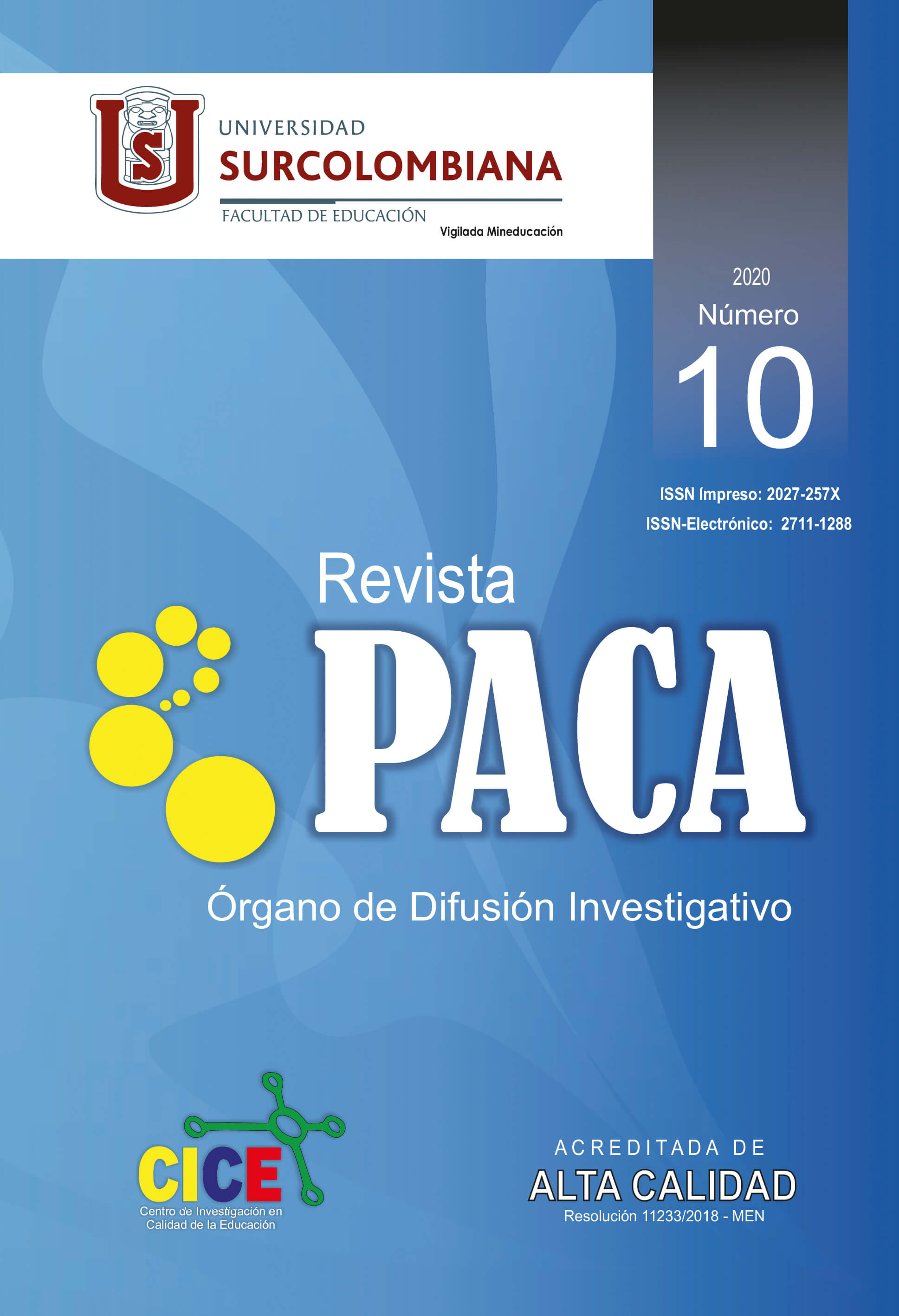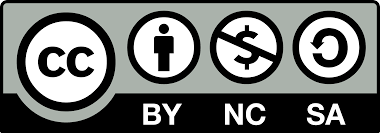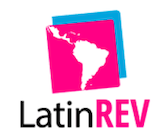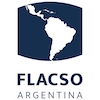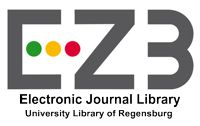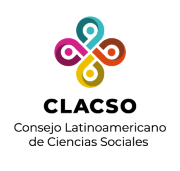Turning Point Software as a facilitating resource for learning trigonometry
##plugins.themes.bootstrap3.article.main##
The purpose of this research was to determine the influence of the use of Information Technology and Communication (ICT) as a resource facilitator in the learning process of trigonometry (trigonometric functions), using the TURNING POINT technological software tool for Mathematics students in the tenth grade of Humberto Tafur Charry School in Neiva, Colombia. An empiricalanalytical approach to quasi-experimental type was used, establishing an experimental group and a control group. A pretest was conducted to determine prior knowledge of the two groups; three classes were designed with the same topics but using in the experiment group Turning Point software, and control group was taught using a traditional class methodology as well as their corresponding tests to check understanding of the topics covered by the different methodologies. Finally, a post-test was applied, yielding 29.41% of the experimental group passed the exam, while 17.64% approved the test in the control group, which shows that there was a significant improvement by students in understanding the subjects using the Turning Point tool.
Downloads
##plugins.themes.bootstrap3.article.details##
Arrieta, J. (2013). Las TIC y las Matemáticas, avanzando hacia el futuro. Cantabria, España.
Interactiva, R. A. (22 de junio de 2016). La aplicación Turning Point como herramienta de aprendizaje transformacional en los procesos educativos. Recuperado de https://www.redalyc.org/pdf/3495/349546195003.pdf
MEN, M. (2003). Estándares Básicos de Competencias en Matemáticas. Potenciar el pensamiento Matemático: ¡un reto escolar! Bogotá.
Moore, P. (1997). Inferential Focus Briefing. Estados Unidos.
Prensky, M. (2001). Nativos e Inmigrantes Digitales. Cuadernos SEK, pp. 1-20. Prensky, M. (2010). Teaching Digital Natives, Partnering for Real Learning. California, Estados Unidos: Sage.
Restrepo, M. C. (2008). Producción de textos educativos (Tercera ed.). Bogotá: Editorial Magisterio.
Solar Horacio, g. B. (agosto de 2014). Propuesta de un Modelo de Competencia Matemática como articulador entre el currículo, la formación de profesores y el aprendizaje de los estudiantes. Revista Educación Matemática, 26(2), p. 36. 113


